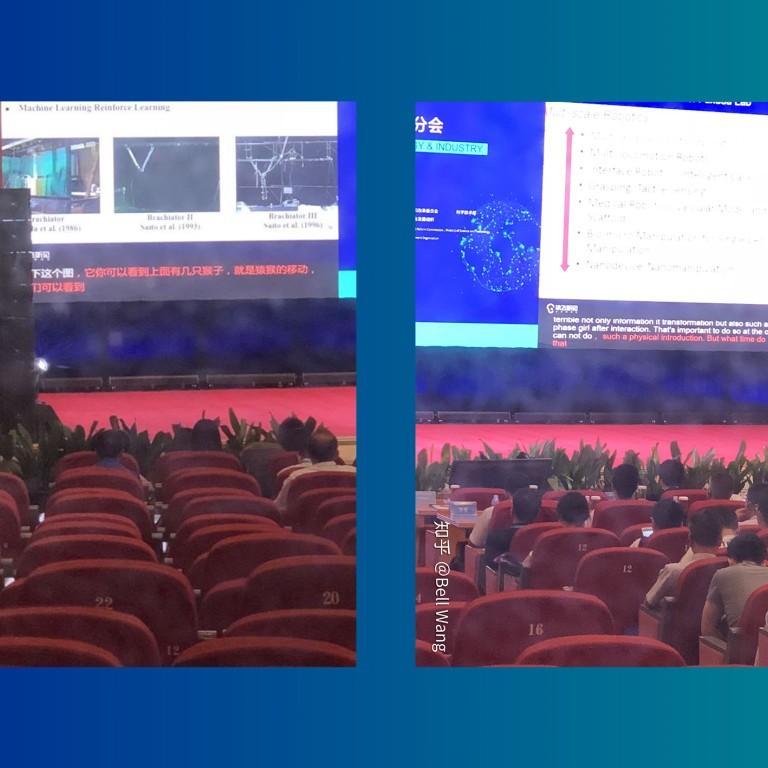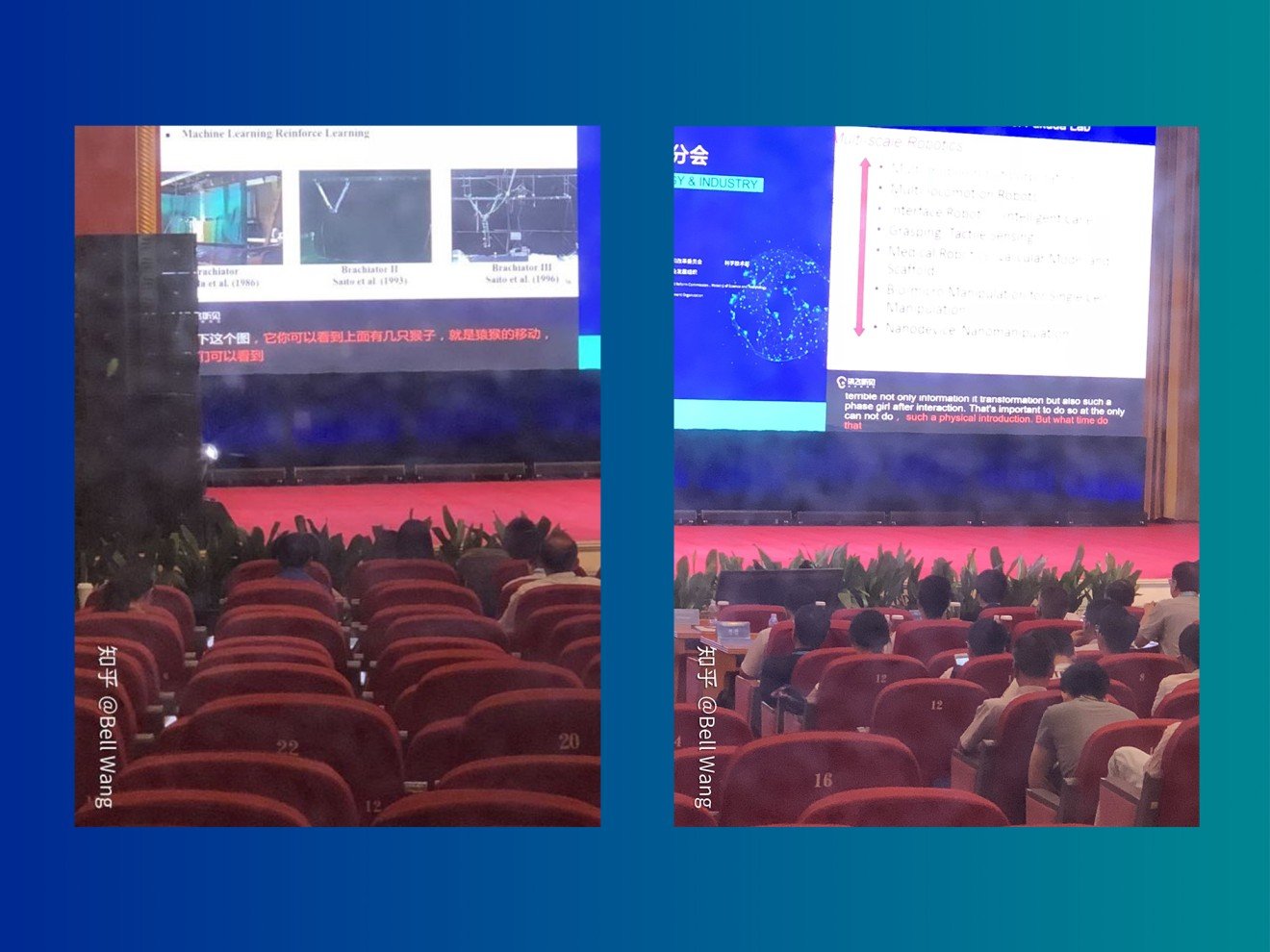
iFlytek accused of using humans to power its AI translator
China’s AI champion says it was all a misunderstanding
But last week iFlytek was accused of misleading people into thinking its AI software was automatically translating a speaker at a conference -- when in fact it was transcribing a human interpreter instead.
iFlytek claims that it never promised simultaneous translation, and that it was all a misunderstanding.
Zhihu, where people in China go to ask questions and get answers
Wang was doing simultaneous voice translation at a government conference where a Japanese professor spoke in English. During the speech, two different text feeds were displayed: One to transcribes the professor’s English speech into English text, and the other apparently translates that into Chinese text. Both displays were marked with “Xunfei Tingjian” or “iFlytek Hears”.

But when Wang read both the English transcription and the Chinese version next to it, he noticed that the two didn’t match: Errors in the English transcription were not being translated into Chinese. Instead, Wang realized that the Chinese text was a transcript of what his fellow interpreter was saying -- and he was furious.
“I was so mad that my hair stood up,” he said in the post. “This is a flat-out scam!”
Netizens joined Wang’s outrage. The post received more than 75,000 upvotes and was widely reported by Chinese media, with many commenters sneering at what they saw was dishonesty by iFlytek.
Wang said that he could have missed iFlytek’s announcement that it will transcribe their translation, and says he doesn’t think the company actively faked anything.
We reached out to Wang, but he declined to give us more details.
Microsoft says its software can translate news stories as well as a human can
For more insights into China tech, sign up for our tech newsletters, subscribe to our Inside China Tech podcast, and download the comprehensive 2019 China Internet Report. Also roam China Tech City, an award-winning interactive digital map at our sister site Abacus.
For more insights into China tech, sign up for our tech newsletters, subscribe to our Inside China Tech podcast, and download the comprehensive 2019 China Internet Report. Also roam China Tech City, an award-winning interactive digital map at our sister site Abacus.

